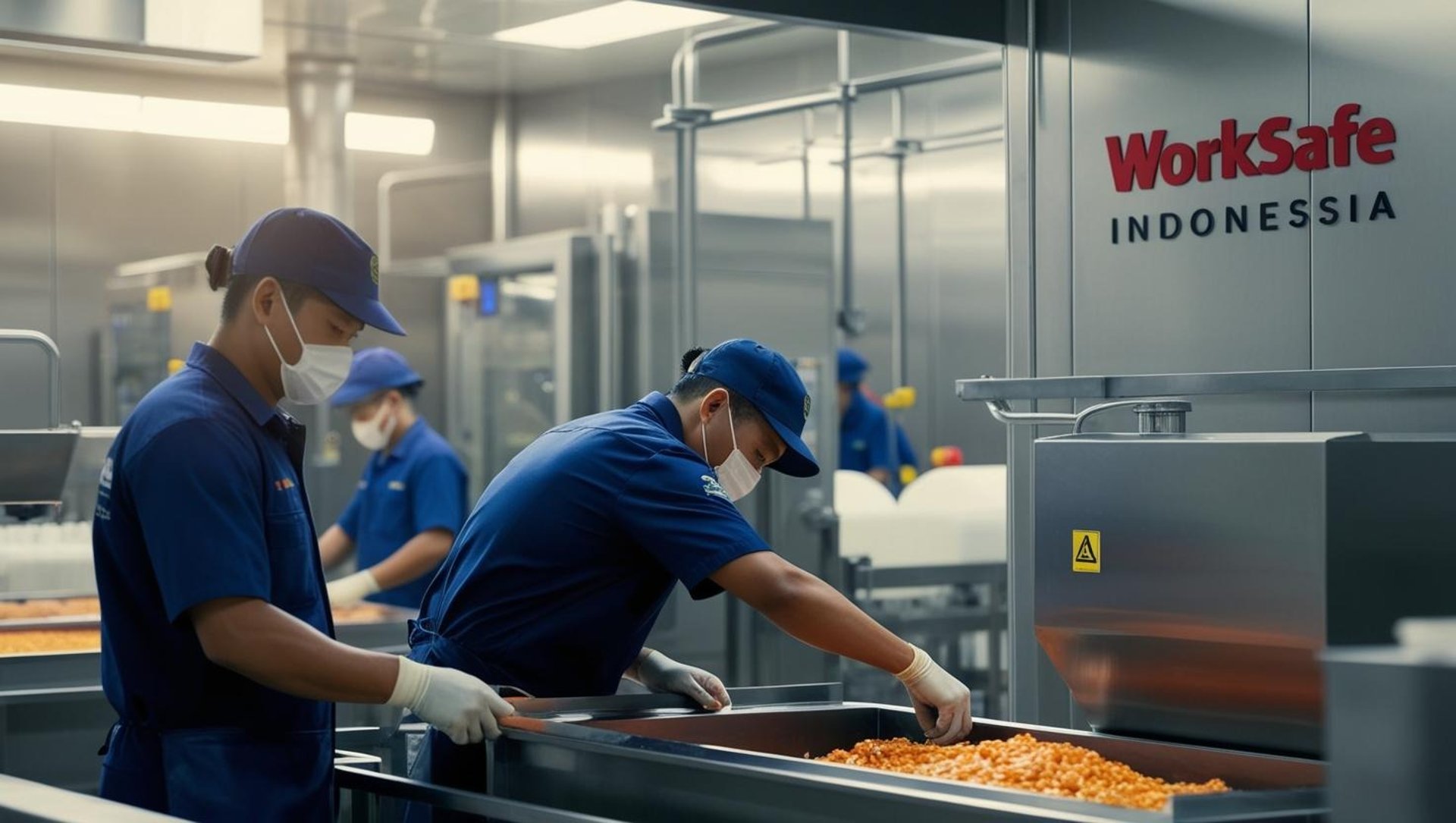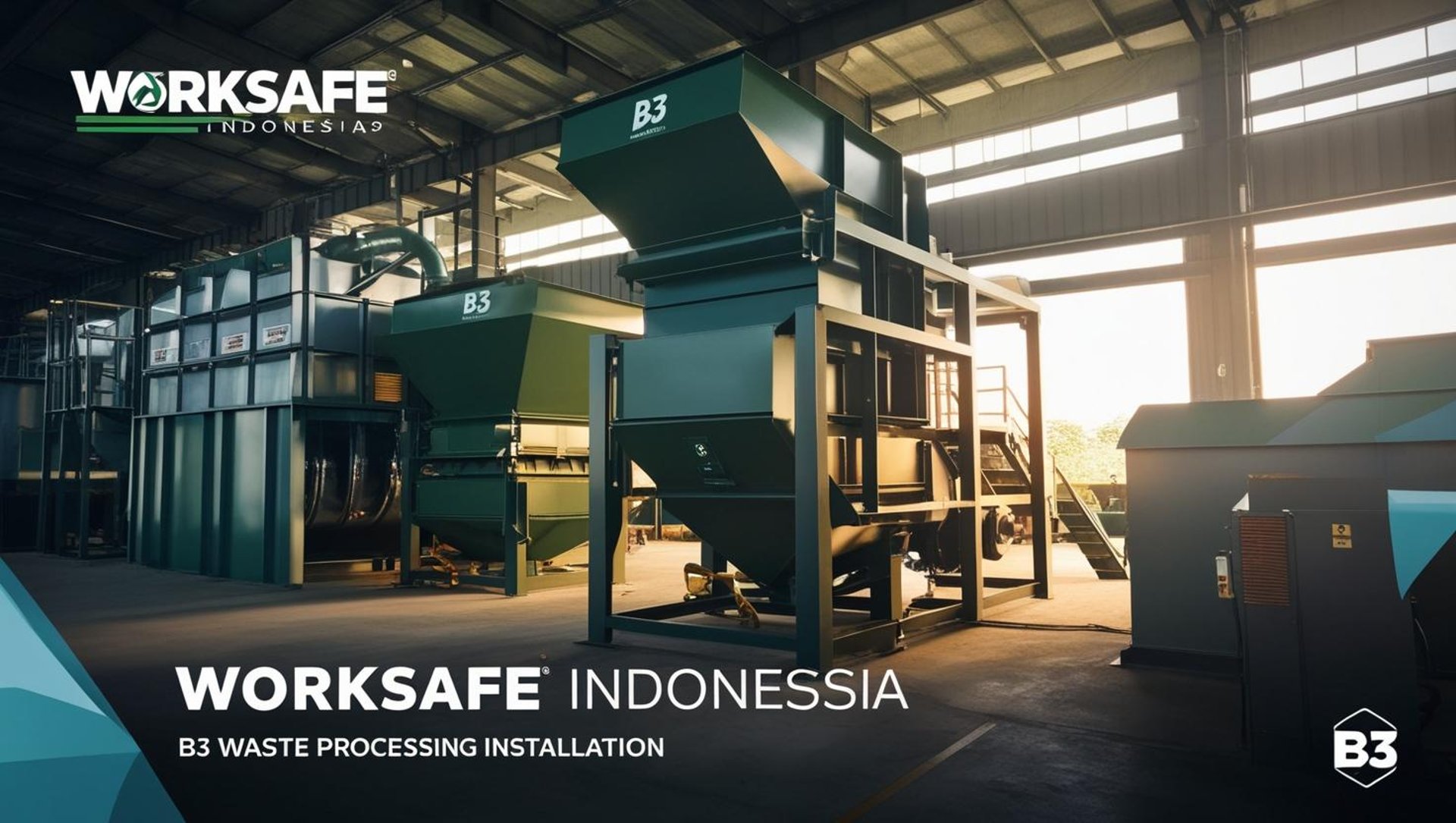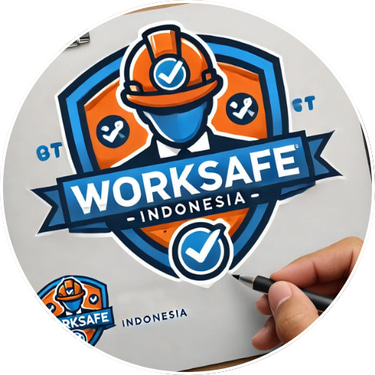
Promoting All About Safety, Health and Environmental
The Hidden Dangers of Hauling in Mining: Safety Is Not Optional
The Hidden Dangers of Hauling in Mining: Safety Is Not Optional “Hauling isn’t just about moving materials it’s about managing risks and saving lives.”
SAFETY
Pulung Fajar
6/19/20252 min read


The Hidden Dangers of Hauling in Mining: Safety Is Not Optional
“Hauling isn’t just about moving materials it’s about managing risks and saving lives.”
In mining operations, hauling—the transportation of materials such as coal, nickel, ore, or overburden—is a critical and continuous activity. However, it is also one of the most hazard-prone jobs on a mining site.
This article highlights the key hazards associated with hauling and how to prevent them through effective health and safety practices.
🔍 What Is Hauling in Mining?
Hauling refers to the process of transporting materials from the mining area to stockpiles, processing plants, or disposal sites. It typically involves heavy equipment such as dump trucks, articulated dump trucks (ADTs), and large trailers.
⚠️ Major Hazards in Hauling Operations
1. Mine Traffic Accidents
Large trucks operate on narrow, steep, or slippery mine roads, increasing the risk of:
Rollovers
Collisions between heavy equipment
Brake failure on slopes
Blind spot incidents hitting ground personnel
2. Operator Fatigue
Long working hours, heat, and repetitive tasks can cause fatigue, leading to:
Slower reaction time
Microsleep or loss of focus
Poor decision-making in critical situations
3. Dangerous Haul Roads
Unstable or poorly maintained roads may result in:
Slipping and skidding
Accidents on sharp curves or soft shoulders
Road subsidence under heavy loads
4. Mechanical Failures
Inadequate inspections or poor maintenance can cause:
Tire blowouts from overload
Brake or steering system failures
Hydraulic malfunction during unloading
✅ Safety Measures and K3 Best Practices
🏗️ Engineering Controls
Proper haul road design (width, slope, curve radius)
Speed limits and road signs at critical points
One-way traffic and priority lanes to prevent collisions
📋 Administrative Controls
Work shifts that allow proper rest
Regular safety training for equipment operators
Updated and enforced hauling SOPs
👷 Personal Protective Equipment (PPE)
Reflective vest, hard hat, safety boots
Radio communication between units
Mandatory seatbelt use in all hauling vehicles
🧾 Monitoring and Evaluation
Daily pre-operation equipment checks
Surveillance using cameras or drones
Early warning systems for speed, load, and operator fatigue
🧨 Real Case: A Fatal Hauling Incident
“An ADT operator was killed when his truck rolled over at a sharp bend due to brake failure and the absence of roadside barriers.”
This tragic case highlights the importance of proper equipment inspection, safe road infrastructure, and training for difficult maneuvers.
💡 Conclusion
Hauling operations in mining are inherently high-risk, but with strict and consistent Health and Safety (K3) implementation, incidents can be minimized.
Worksafe Indonesia urges all mining companies to embed safety into their work culture, not just comply with the rules.
Worksafe Indonesia – Keep Safe, Be Safe !!
Your Partner in Safety Training, Haul Road Design, Equipment Audits, and K3 Signage.
📞 Contact us:
🌐 www.worksafeindonesia.com
📧 septianindra@worksafeindonesia.com
📱 +62 812-1514-0063

